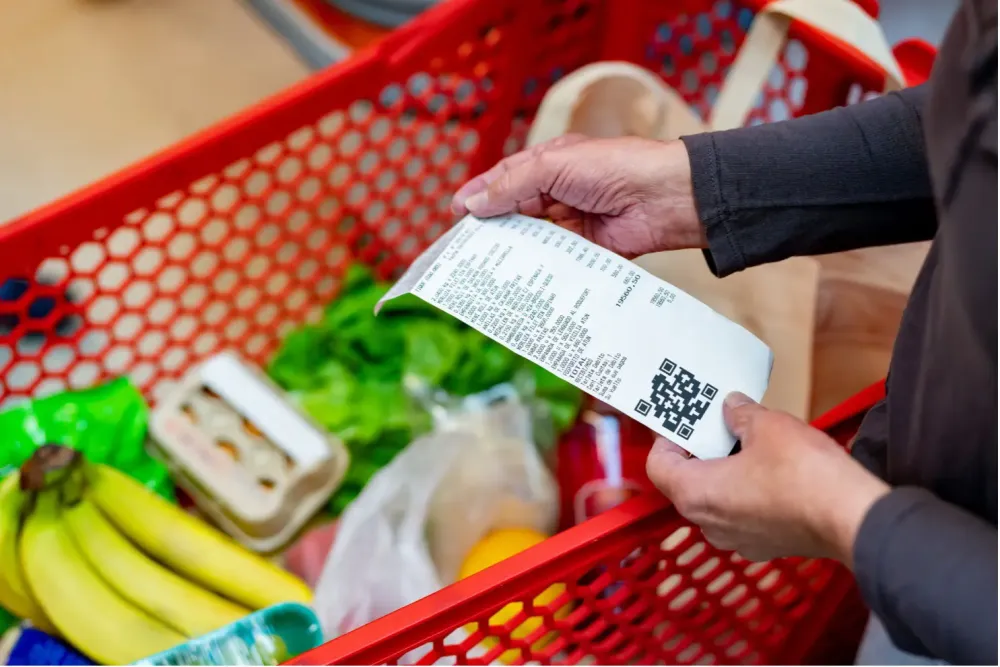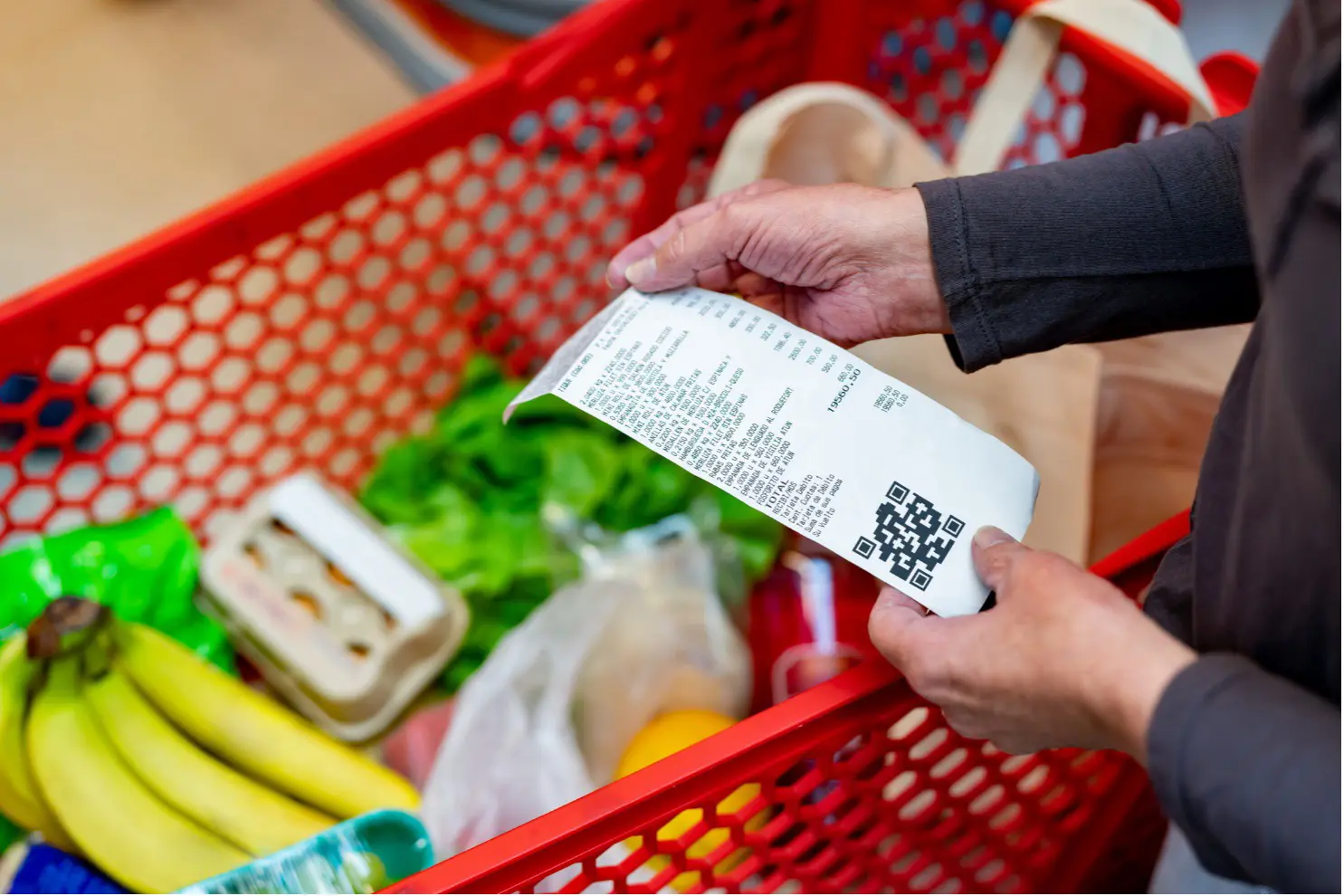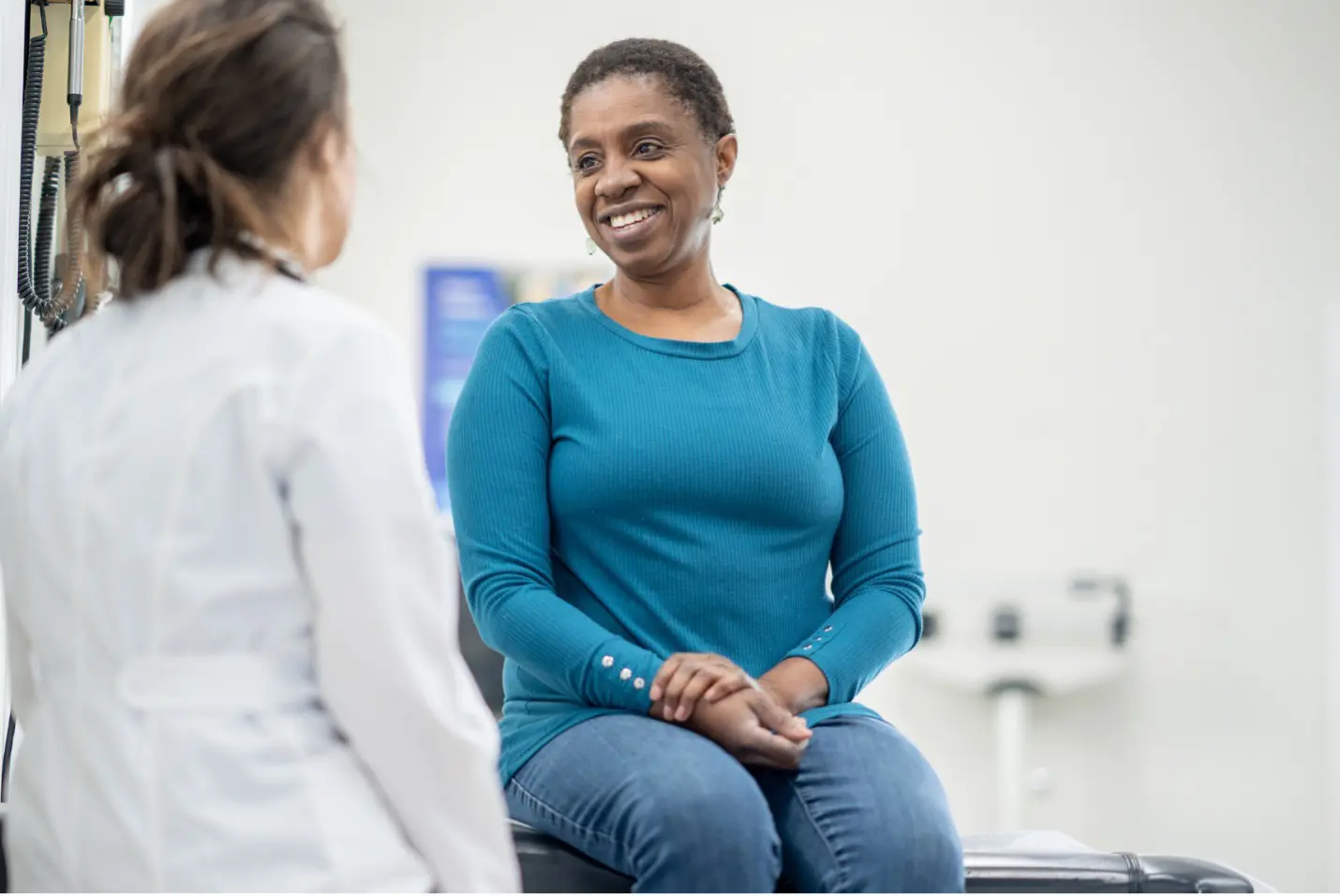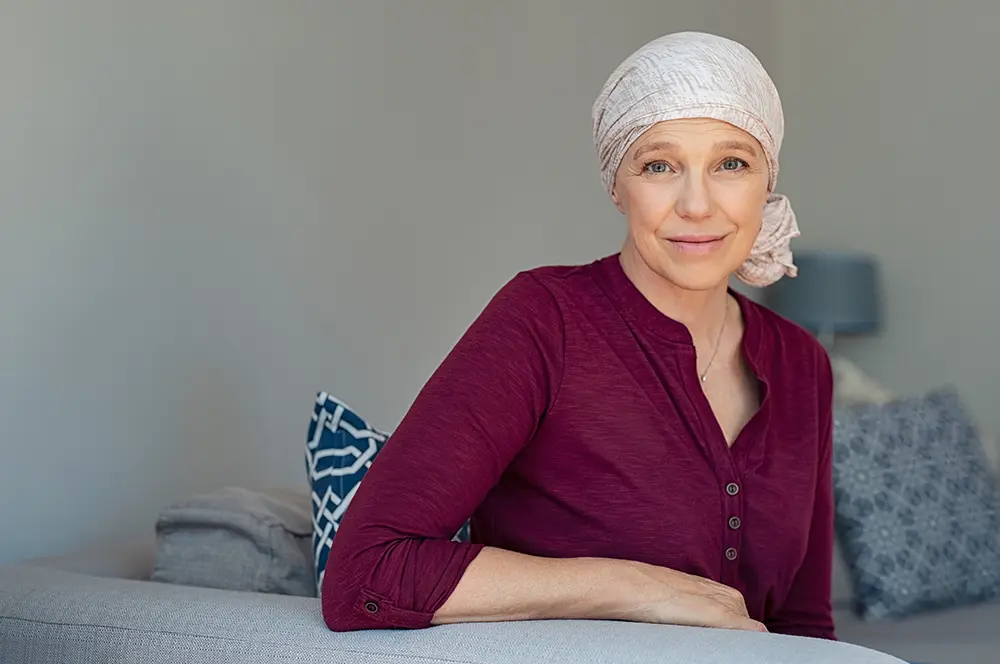Food insecurity happens when a person has a lack of continuous access to food. This can be from a lack of physical access, like lack of nearby grocery stores or inadequate transportation options, or financial barriers.
If you are receiving cancer treatment, it’s especially important to maintain a healthy diet to make sure all your body’s nutritional needs are met. However, surveys conducted in various locations throughout the United States showed that 17 to 55 percent of cancer patients are affected by food insecurity.[1]
Food Insecurity Leads to Higher Cancer Rates
A 2023 study published in the Journal of Clinical Oncology looked at county-level food insecurity and investigated its impact on cancer incidence rates and cancer outcomes. The study found that areas with a higher percentage of individuals experiencing food insecurity corelated with higher cancer incidence rates.[2] These counties also often had decreased access to care and increased disease severity. Lung cancer and colorectal cancer rates were most affected in areas with increased food insecurity.
Food Insecurity is a Social Determinant of Health
Access to the nutritious food necessary to maintain a healthy diet can impact a person’s risk factors for health issues, as well as their outcomes. For patients with cancer, this may include:
Issues with Side Effects
Diet and food choices play an important role in mitigating the side effects of cancer and cancer treatment. For patients experiencing weight loss, nausea, diarrhea, or other symptoms related to eating
and digestion, it can be important to pick the right foods and prepare them in a specific way. Patients with a lack of flexibility in what foods they can purchase or how they can be prepared have extra challenges in managing these side effects.
Issues with Treatment
A 2020 study in the Journal of Clinical Oncology found cancer patients with financial barriers to food access were more likely to skip, delay, or change their prescription medications.[3] Food insecure patients were less likely to be able to make their treatment a financial priority.
Comorbidities associated with lack of nutritional food, such as diabetes, can also make cancer treatment more difficult.
Food Insecurity After Treatment
Adequate nutrition is an important part of staying healthy after cancer treatment. However, many cancer survivors may find themselves with financial barriers to accessing the food they need to maintain a healthy diet. Some cancer survivors may experience chronic food insecurity—some studies find this is more prominent in communities with already high levels of food insecurity influenced by factors like race, ethnicity, income, and other disabilities.[4]
How to Address Food Insecurity in Patients with Cancer
Because a nutritious diet is essential to maintaining health, connecting patients to resources and support is an important part of cancer treatment and survivorship care. By screening for potential need, healthcare providers can connect patients to the appropriate professionals, including:
Dietitians
Dietitians can work with patients to develop an appropriate diet that addresses each person’s individual needs. Dietitians help patients find ways to incorporate healthy choices to support recovery and encourage optimal outcomes.
Social Workers
Social workers are healthcare professionals trained to counsel you about ways to cope with the emotional and physical issues related to your cancer. They can help identify needs and connect patients with resources to address them.
Minnesota Oncology is Committed to Supporting Patients
At Minnesota Oncology, we believe cancer treatment should meet each patient’s individual needs for their health. That’s why we provide support services from a multidisciplinary team of experts that connect each patient to the resources they need throughout their cancer journey.
We partner locally with Angel Foundation to help patients needing financial assistance.
Their Emergency Financial Assistance program provides a one-time grant for basic, nonmedical needs to relieve immediate financial concerns for cancer patients in active treatment. These grants can be used to pay for expenses such as food, rent, gas, utilities, phone bills, car payments or repairs, and more.
We have also partnered with findhelp, America’s leading social care network, to connect you with resources, including financial assistance, transportation to your appointments, food pantries, childcare, services, and more. Search on your own at usoncology.findhelp.com to find help in your community.
[1] https://acsjournals.onlinelibrary.wiley.com/doi/10.1002/cncr.32291
[2] https://ascopubs.org/doi/abs/10.1200/JCO.2023.41.16_suppl.10539?af=R#xd_co_f=YzRhZjczYTUtMzM2ZS00NjMyLWI5MmEtY2Y5Zjc4NDkxYjk1~
[3] https://ascopubs.org/doi/full/10.1200/JOP.19.00736?role=tab#xd_co_f=YzRhZjczYTUtMzM2ZS00NjMyLWI5MmEtY2Y5Zjc4NDkxYjk1~
[4] https://www.ons.org/publications-research/onf/52/1/persistent-food-insecurity-among-older-adult-cancer-survivors




